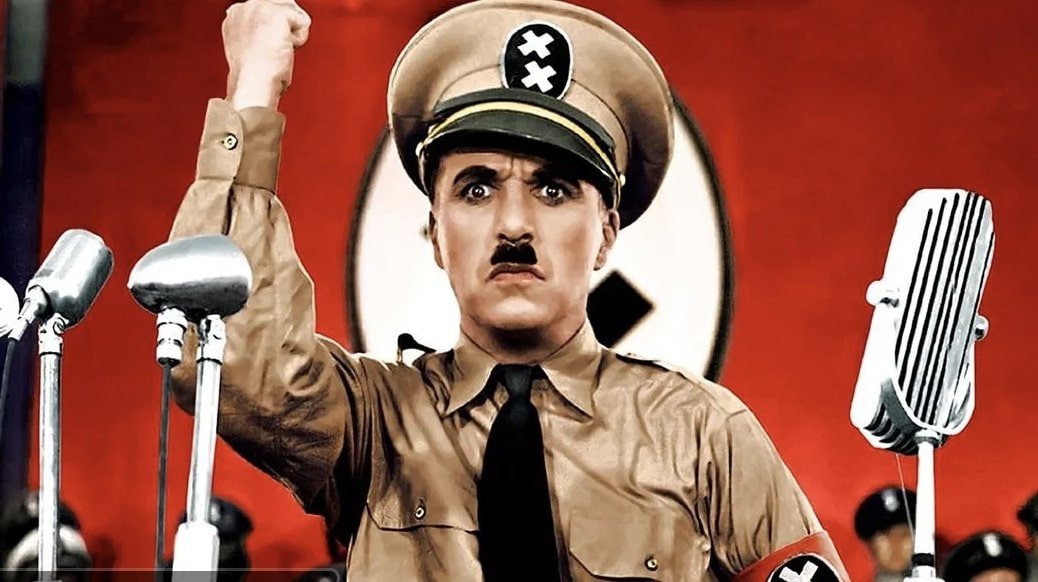OMPUndja, Namibia — In a small northern constituency with fewer than 3,000 registered voters, a man named Adolf Hitler is expected to secure his second consecutive electoral victory. Adolf Hitler Uunona, a 59-year-old regional councillor from Namibia’s ruling Swapo Party, has become a recurring headline internationally, not for controversy surrounding his conduct in office, but for the striking historical weight of his name.
To his constituents in Ompundja, Uunona is known simply as a local leader with a long record in anti-apartheid activism. Yet globally, his name—identical to that of the German dictator responsible for the Holocaust—has drawn intense fascination and bewilderment. Uunona acknowledges the name’s impact outside Namibia but insists it carries no ideological association. “My father gave me this name,” he told German media. “He didn’t understand what Adolf Hitler stood for.”
Colonial Echoes: How German Names Persist in Namibia
Namibia’s entanglement with German identity traces back to its years under German colonial rule from 1884 to 1915, when the area was known as German South West Africa. German authorities established settlements, imposed administration, and left enduring cultural imprints—seen today in German-named towns, Lutheran churches, and pockets of German-speaking communities.
But the colonial legacy also includes one of the 20th century’s earliest genocides. Between 1904 and 1908, German imperial forces killed tens of thousands of Nama, Herero, and San people—atrocities some historians call “the forgotten genocide.” It is within this complex backdrop that German names became woven into Namibian society, often without the families who adopted them fully grasping their later historical significance.
Uunona has said he viewed his name as normal while growing up; only as a teenager did he understand the historical figure it referenced. Today, he says it is “too late” to change, as it appears on all his official documents.
A Political Career Overshadowed by a Global Infamy
Uunona’s prominence first reached international circuits in 2020, when he won the Ompundja seat with an overwhelming 85% of the vote—1,196 ballots to his opponent’s 213. The victory cast him into the global spotlight, prompting interviews with European outlets seeking to understand his background and response to the unusual attention.
Despite the swirl surrounding his name, Uunona remains a respected figure locally. He is known as a steadfast Swapo organiser in a region where the ruling party still enjoys deep rural support, even as it struggles in urban centers amid corruption scandals and declining popularity.
Uunona has consistently distanced himself from Nazi ideology, stressing that he has “nothing to do” with Adolf Hitler or his worldview. “It was just a name,” he said in an interview, describing a childhood where the political meaning of the name was absent.
Election Stakes and the Larger Story Namibia Must Confront
As Namibia heads to the polls on November 26, early projections suggest Uunona is set to retain the Ompundja constituency by another comfortable margin. Yet his candidacy highlights a broader national conversation—how the remnants of colonialism linger in ways both visible and unexpected.
Namibia’s relationship with Germany remains sensitive. In recent years, Berlin has formally acknowledged the colonial-era genocide, issuing statements of regret and negotiating reparations with Windhoek. Meanwhile, German-sounding names, cultural institutions, and linguistic enclaves remain embedded in parts of Namibian life.
Uunona’s story, then, is not merely one of a politician with an infamous name. It is a story of how history travels across generations, sometimes without intention, and how post-colonial societies must navigate identities shaped in eras long gone but never fully forgotten.
As the election approaches, the global fascination surrounding Adolf Hitler Uunona will likely flare once again. But for his constituents, the interest abroad barely registers. They simply know him as their councillor—one whose legacy, unlike his name, will be shaped not by history, but by the work he performs in their community.



